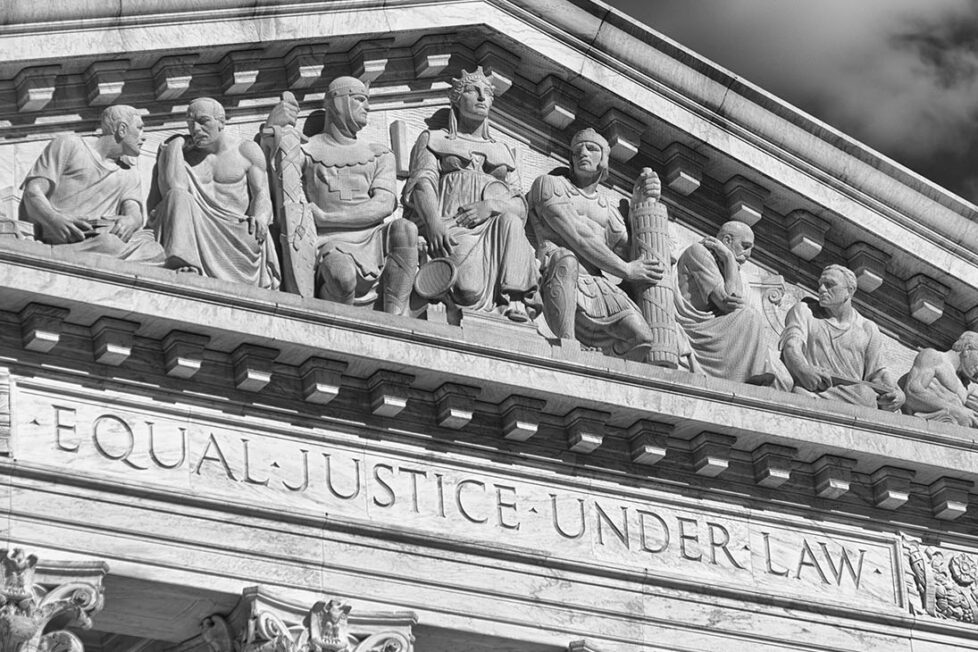Conservative High Court set to take up case that could reduce government regulatory authority


By: Stacy M. Brown / NNPA
The U.S. Supreme Court plans to consider Loper Bright Enterprises v. Raimondo, a case that could have far-reaching effects on U.S. government regulation.
The Chevron case from 1984 is at the heart of this litigation because it established a precedent for federal agencies to interpret vague statutes at their discretion.
That precedent has informed environmental law, labor regulations, consumer safeguards, and immigration policies.
The conservative majority on the court has been critical of government regulators in recent years, most notably when it limited the EPA’s ability to control greenhouse gas emissions a year ago.
The court regularly refers to Chevron; a ruling narrowing its scope or reversing it might limit the ability of federal officials to govern many aspects of American life.
[SCROLL BREAK!!! Bayou Beat News can also be found in PRINT at a store near you. Click the link below to check out our E-Edition!]
The four conservative court members, Justices Clarence Thomas, Samuel Alito, and Neil Gorsuch have raised doubts about the Chevron theory.
As an appeals court judge, Gorsuch claimed it was inconsistent with the constitution framers’ intent because it gave the executive bureaucracy too much power.
At least four of the nine justices on the court agreed that they should hear the matter.
According to tradition, however, they kept the results secret.
One potential stumbling block is that Justice Ketanji Brown Jackson will not be hearing the case, reducing the number of participating justices to eight.
Jackson previously sat on a panel of appellate judges who heard the case for the U.S. Court of Appeals for the District of Columbia Circuit.
The high court plans to hear the case in the fall because it has completed its argument hearings for the term, scheduled to end in June.
They have two more months to hand down rulings before taking the summer off.
The case is part of an ongoing disagreement between commercial fishermen and the federal government over who should foot the bill for data collection and regulatory compliance.
The fishermen are fighting the government’s attempt to force them to pay for their crew members.
In a large fishery off the East Coast, fishermen harvested Atlantic herring for use as both food and bait.
Loper Bright Enterprises of New Jersey, the principal plaintiff, and other fishing groups allege that the requirement to pay contractors hundreds of dollars per day is an unfair application of federal regulations.
Lower courts have, however, rejected them.
The case’s resolution may have far-reaching implications for how the federal government and private sector in the United States relate to one another.
Whether the Supreme Court will restrict the Chevron doctrine is an open question.
The conservative majority on the court will undoubtedly sway the ruling.
